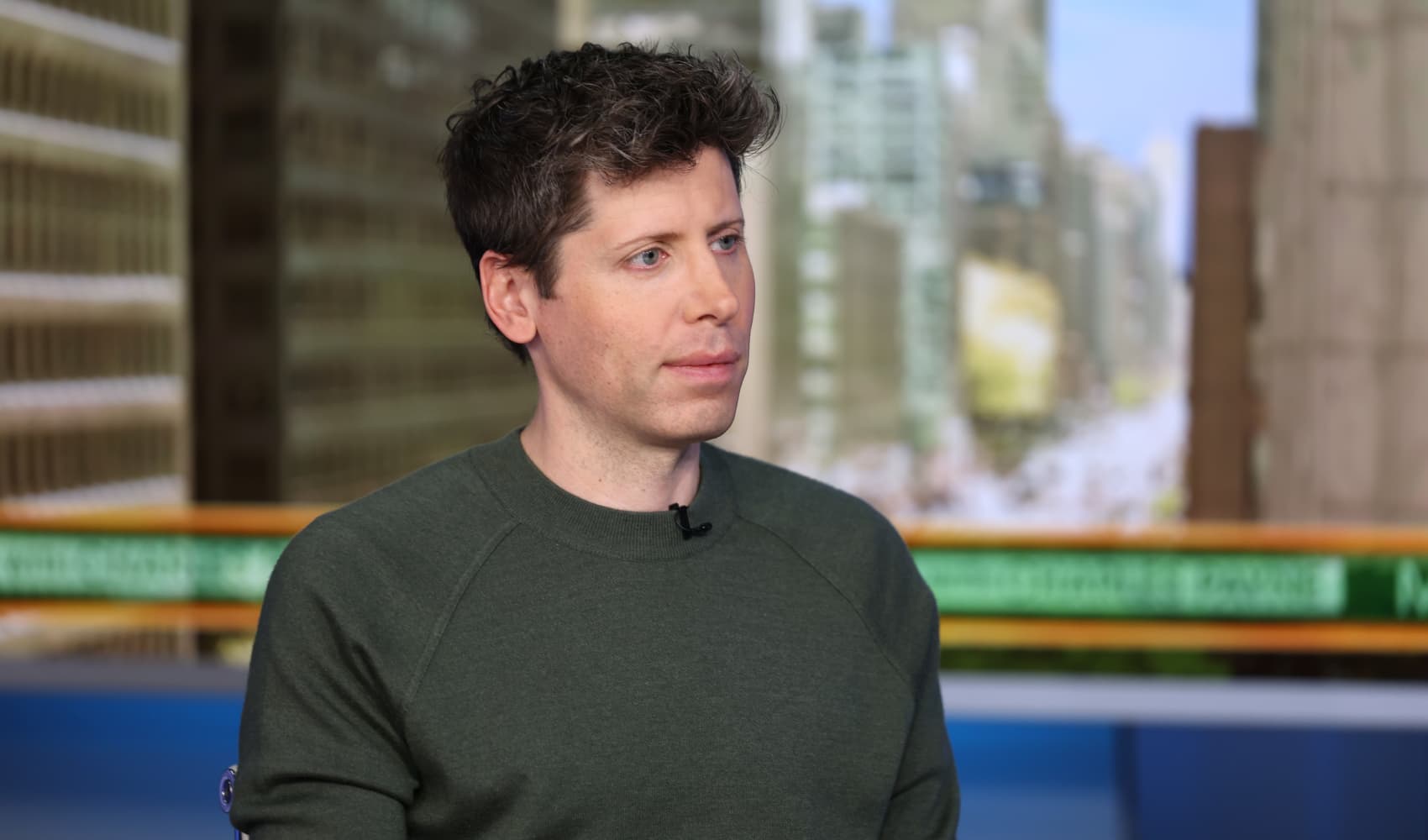
When it comes to establishing her bona fides as an expert saver and budgeter, Carly DeFelice, who runs online personal finance course Best Money Class Ever, has some big numbers to point to. Between her college graduation in 2008 and her 26th birthday, she paid off $35,000 in debt and stashed more than $100,000 in investments.
Now 38 and a community manager at a coworking space in Austin, Texas, DeFelice has boosted that number to about $400,000 in cash and investments, without ever making much more in a year than her current salary of $58,000.
But as DeFelice continues to practice the budgeting methods that got her out of debt and allowed her to build wealth, the smaller numbers may be even more impressive.
Consider, for instance, that in September, DeFelice spent just $123.65 on groceries. Given the current state of inflation, that's not a hard figure to reach on a single trip.
We've got the news you need to know to start your day. Sign up for the First & 4Most morning newsletter — delivered to your inbox daily. >Sign up here.
"I estimate I spend a few thousand less than the average person by being intentional with writing out my meals and planning what I'm going to have for the week," DeFelice tells CNBC Make It. "My secret tip is to always have a grocery list."
Planning meals and avoiding impulse purchases
DeFelice's grocery money comes out of her weekly discretionary budget of $120, which she carries in cash.
Money Report
"This is what I consider operating expenses. So I buy my necessities first — groceries, gas, my car — and then whatever was left would be happy hours and hanging out with friends, maybe a new shirt or small gifts."
That means that if she wants to have any fun, sticking to her grocery budget is imperative. She starts by planning all her meals out for the week, which generally includes large-batch dinners she can prep in advance.
The week that Make It interviewed DeFelice, the menu included cereal for breakfast; a turkey sandwich, chips and an apple for lunch; and a salmon, avocado and rice bowl for dinner.
The ingredients DeFelice needed to put those meals together for the week all went down in the same journal she uses to track her budget, and on a list that came with her to the grocery store.
"I kind of think of Santa Claus — I make a list and check it twice," says DeFelice.
Once she makes sure that her list comprises everything she'll need to eat for the week, she has the confidence to stick to it and avoid purchases that could inflate her grocery budget.
"The key is, I only buy items on the list, so this helps me avoid impulse purchases."
DeFelice applies the same budgeting tactics to dinner or drinks with friends — a $50 line item in her September budget.
"I'm very proactive. I'll make a lot of the plans, and I'll say, 'Let's go to this happy hour,'" she says. While she's there, she doesn't have to spend much to have fun with a friend. "I can have a heart-to-heart and build a relationship with a friend and spend, like, $4."
Whether it's groceries or a night out, if you're intentional about what you're spending on, DeFelice says, you're less likely to spend on things that don't ultimately have meaning to you.
"I have mastered the art of being incredibly social, having an amazing social life and also being good at saving my money," she says. "And I think the way that I've found balance is I realized that it is the experience with my friends that matters."
DON'T MISS: Want to be smarter and more successful with your money, work & life? Sign up for our new newsletter!
Get CNBC's free Warren Buffett Guide to Investing, which distills the billionaire's No. 1 best piece of advice for regular investors, do's and don'ts, and three key investing principles into a clear and simple guidebook.
CHECK OUT: Charlie Munger: These ‘basic rules’ made me successful in life—‘with Warren Buffett, I had all 3’






